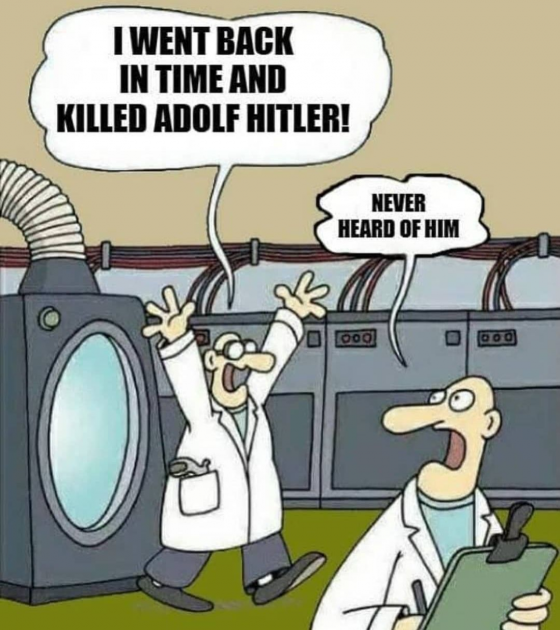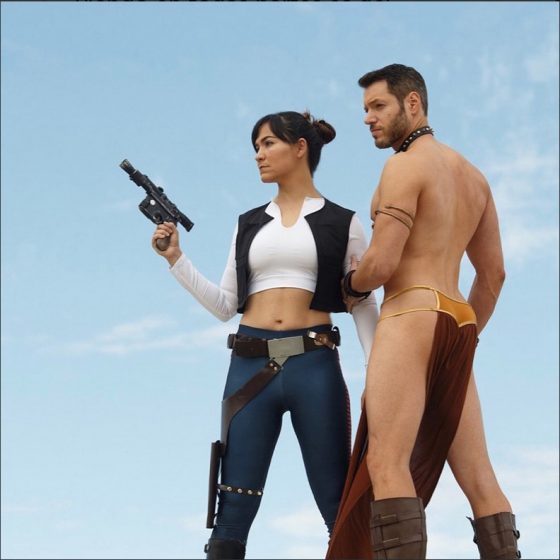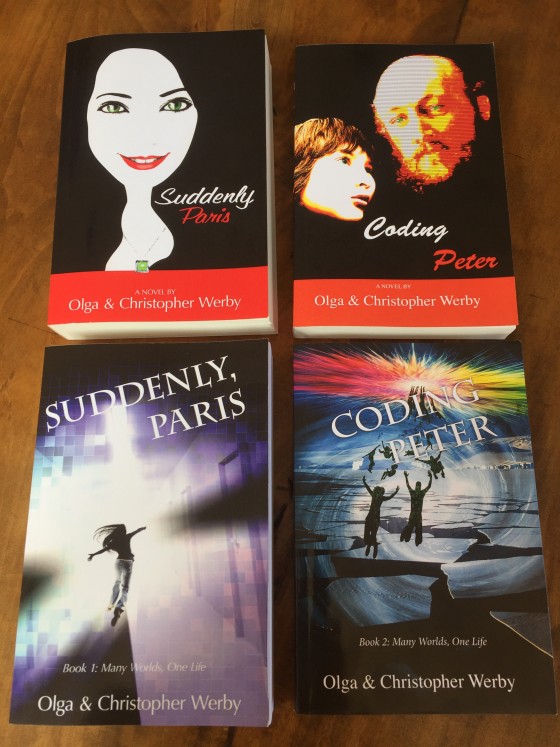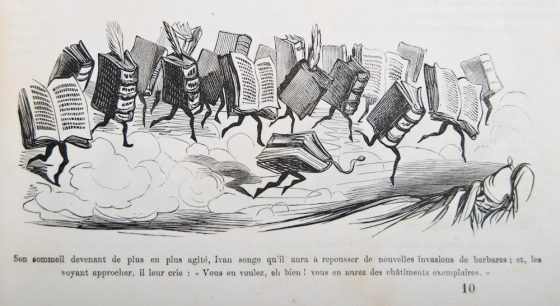
We are week two into isolation, living in a social distancing dystopia. Everything is strange. Our eating and sleeping habits, our daily routines, our physical workouts, and our work and school schedules and setups are all completely disrupted. It feels like we are living in wartime, and yet it’s Spring outside. The bombs are not dropping on our heads. The flowers are blooming… This disconnect between what we experienced based on our higher-function reasoning (as presented by newsmedia, social media, crazy conversations with friends and family) and what we sense directly through our eyes and ears is very difficult to reconcile. People are dying (they really are) and yet you can take an evening stroll outside and smell the flowers. Doctors are sharing horrific tales of shortages and insanity in their hospitals, and yet the birds are singing and the sun warms our skin. It feels crazy! This is emotional dissonance. Mammals like us humans are not built for prolonged stress — it destroys our systems. We are “designed” for short bursts of adrenaline as a lion stalks us down the savanna. Worrying day after day is very destructive to our health. For those who would like to read more…






